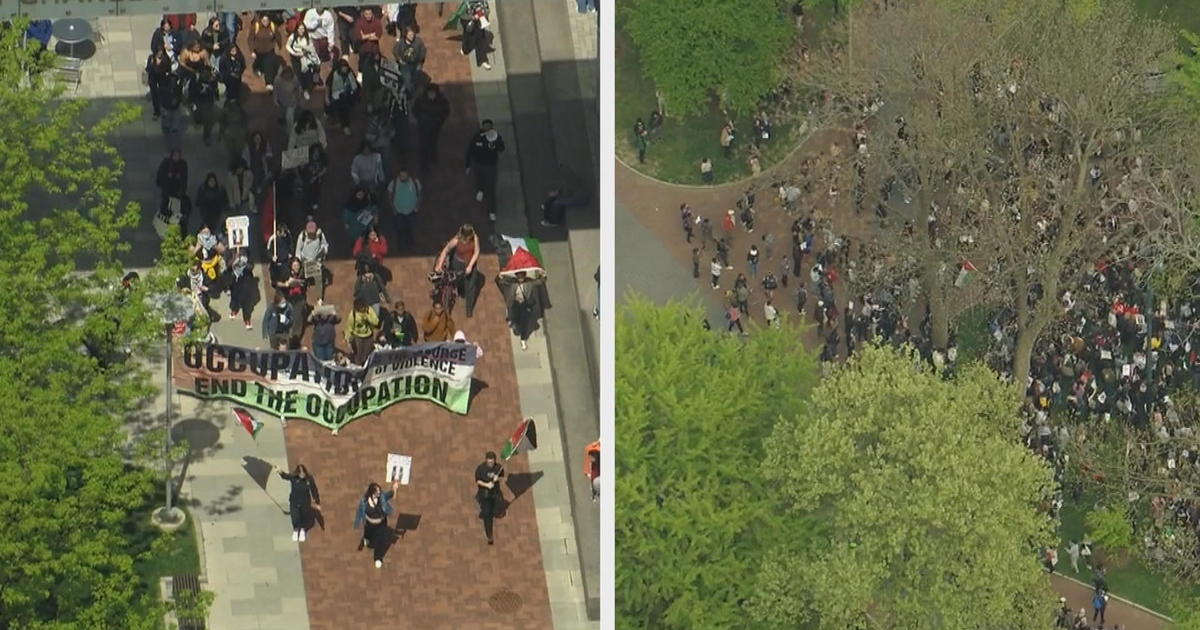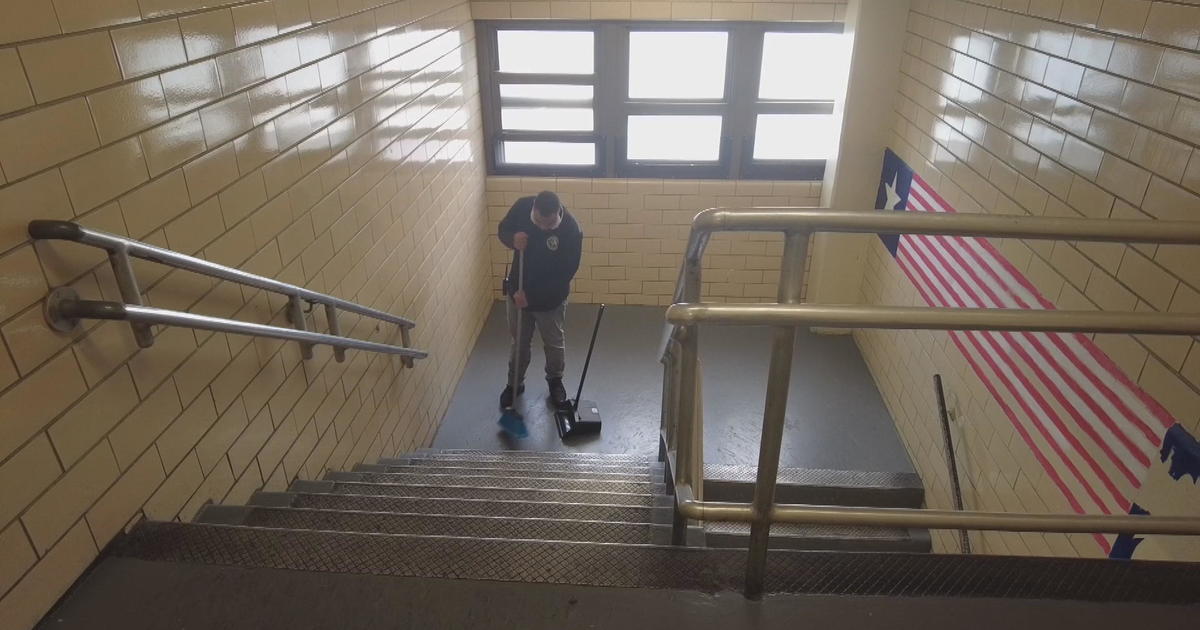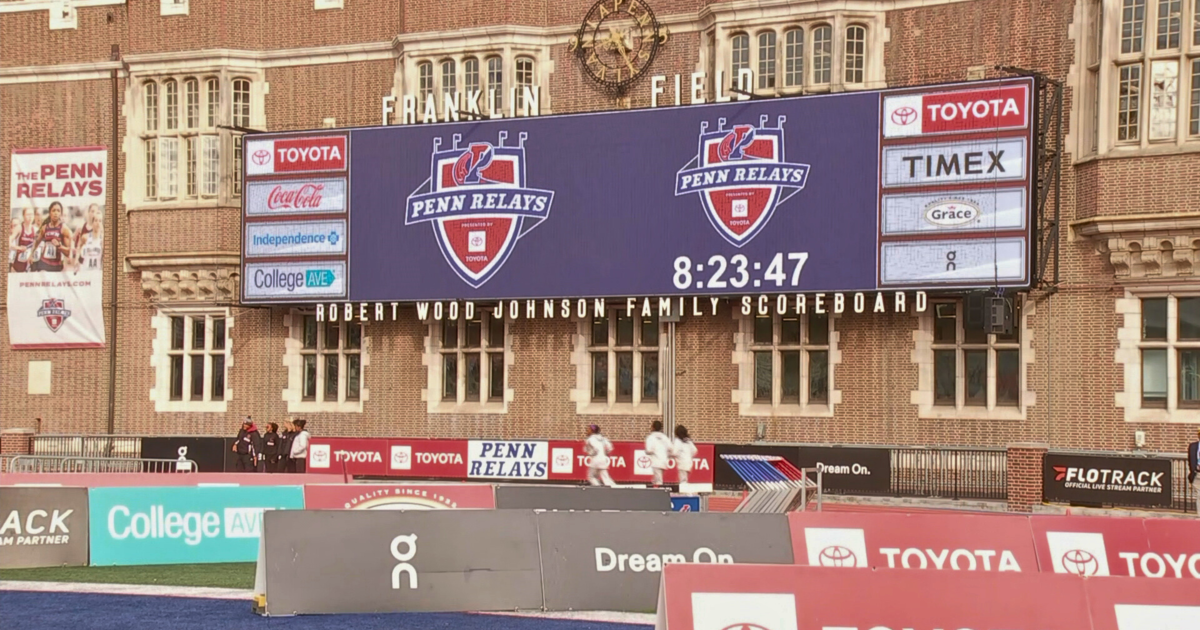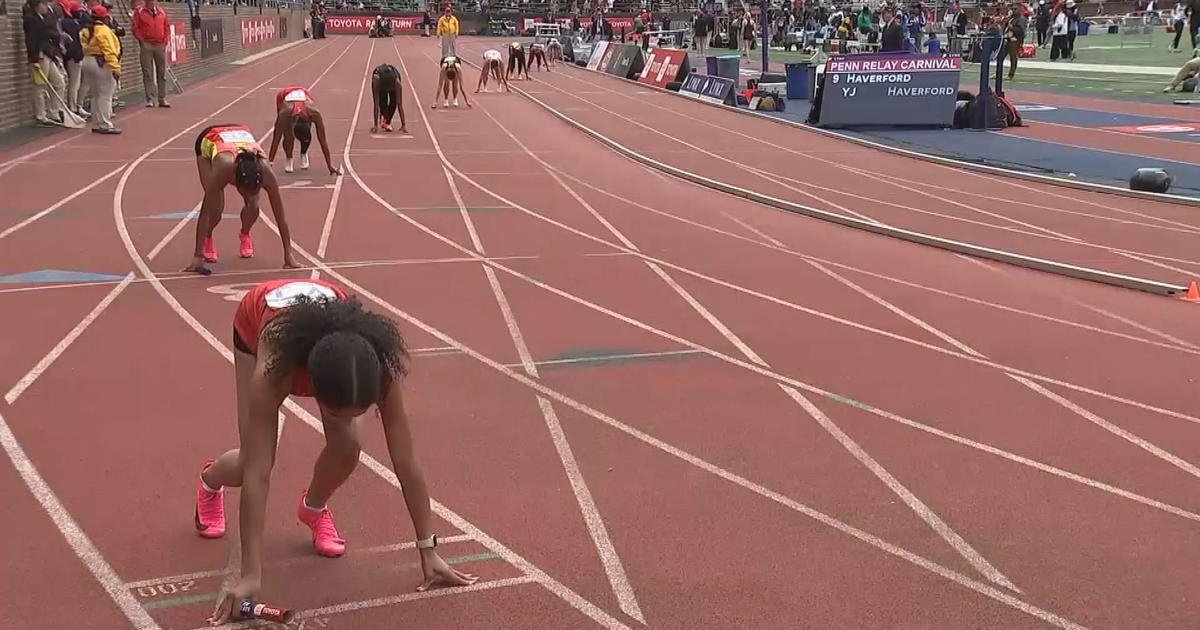Reality TV Stars Address Temple Students About Legal Aspects Of Reality Programs
By Ian Bush
PHILADELPHIA (CBS) -- TV is not all glitz and glamour -- that's especially true when it comes to reality stars, for whom scandals aren't always confined to the screen. Temple University brought together celebrities and producers on Monday to answer students' questions on legal issues in reality programming.
On 'Jon & Kate Plus 8,' Jon Gosselin went minus Kate with the audience (for a while, anyway) none the wiser.
"You have to remember that filming is six months out," Gosselin says. "So I was divorced already, but it's still filming me married. So I'm still married to all you, because you're watching my show, but I'm already legally divorced, and I don't live at home anymore. Your reality on television is not the same timeline as today."
Gosselin might regret it, but you can't buy this kind of publicity, says 'Cake Boss: The Next Great Baker' winner Dana Herbert.
"Between them airing me winning on that Monday," Herbert says, "I went away for a week and came back -- sales had just quadrupled, and maintained where they were."
There are all sorts of legal concerns, from getting permission to shoot on location and show logos on clothing, to keeping talent paid and happy under contract. As part of the university Legal Studies Department's 'Law Week,' Christopher Cabott, an instructor at Temple's Fox School of Business and a sports and media attorney, moderated the discussion and enumerated the legal issues specific to putting reality shows on the air.
To make the programs must-see, the magic often comes after the cameras are off," Cabott says, "with stars like 'The Bachelorette' contestant Reid Rosenthal kept out of the cutting room.
"It starts off fun, it starts getting serious, and then it gets really serious," Rosenthal say. "You want to win, but what if it's not the perfect girl for you? So you're conflicted the entire time. I proposed to her, which I wouldn't have done if I didn't think the other guys definitely didn't like her, but they were going to win -- it's sick. It's actually sick. But it makes money. It's all about editing. They have enough footage where they can make anything happen."
That's what TV wannabes sign up for, says "The Michael Vick Project" producer Kijafa Vick:
"You never know how they're going to make you look," Vick say. "We try to tell the girls that, and they still want to do it."



